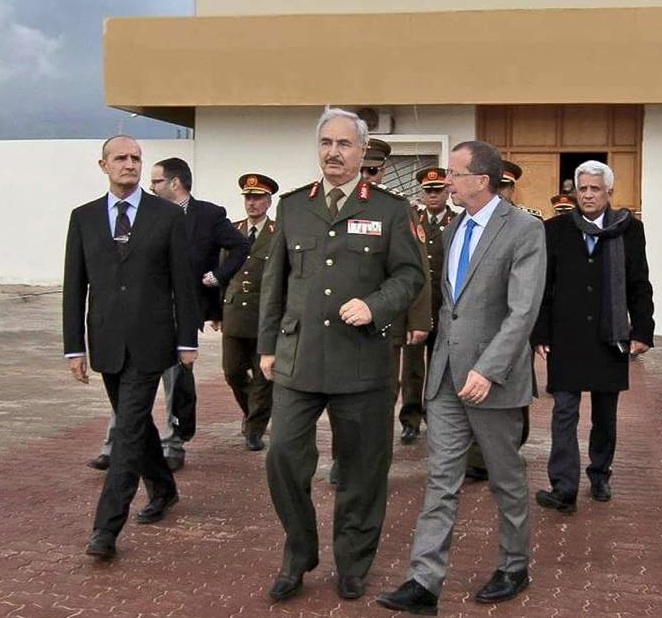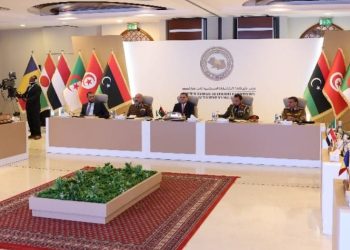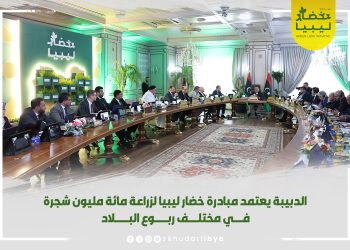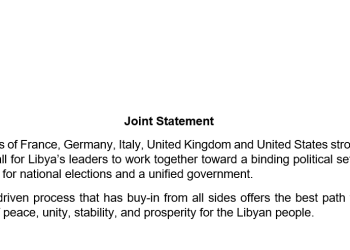By Libya Herald reporters.
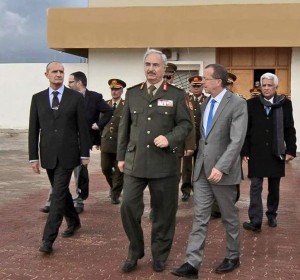
Tripoli and Tunis, 16 December 2015:
Armed Forces Commander Khalifa Hafter appeared with UNSMIL chief Martin Kobler after a . . .[restrict]meeting today at Hafter’s Marj headquarters. Kobler described the encounter as “fruitful” but gave no details.
Most of the questions at the half-hour press conference afterwards were directed to the UNSIL boss, while Hafter stood impassively behind his lectern. The only time he became at all animated was when Kobler said that the militias had to stop fighting and the role of the army be strengthened, along with that of the police. A hint of a smile crossed Hafter’s face and then he nodded a few times in agreement.
Earlier, when he was asked about the nature of Russian support for the Libyan National Army – he or his commanders have made several trips to Moscow this year – Hafter simply praised Russia for its commitment and seriousness in fighting terrorism in the region, adding that he welcomed support from all countries.
Kobler was quizzed on when the UN Security Council would be prepared to life the arms embargo, in place since 2011. He replied that everything depended on the signature tomorrow of the political agreement and the creation of a Government of National Accord. That government, he said, and only that government, could ask the Security Council to lift the embargo.
Kobler insisted that he and Hafter had agreed on the overriding need to tackle terrorism. Every day it was spreading and killing Libya’s sons and daughters. “And every day we wait, that you wait,” he said, “is a gain for Daesh [IS] in this country. And I am very glad to see that the general agrees on the urgency of the matter”.
He explained that once the Government of National Accord was in place, the international community would recognise it immediately and a mechanism be found to lift the embargo.
He called for an united army to fight terrorism, which of course, he added, would need weapons.
He also stressed that “in the first instance” it should be united Libyan forces who took on IS. “This requires weapons, but it also requires, maybe if the Libyan government requests it, external assistance”.
Kobler arrive in Marj with his military adviser, Italian general Paolo Serra, who was not however pictured joining him and Hafter when they first sat down for their talks.
[/restrict]


